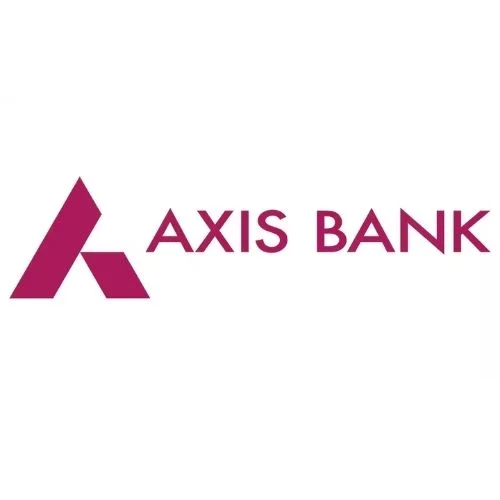Bharti Group-backed OneWeb is set to introduce satellite broadband services in India by September. The company has secured approvals for satellite gateways in Gujarat and Chennai and is awaiting spectrum allocation in the Ka/Ku bands. OneWeb seeks efficient use of these frequencies for seamless connectivity and aims to bridge the digital divide in underserved areas.
Image-: CIO News
Bharti Group-backed OneWeb has expressed its intention to become the first provider of broadband-from-space services in India by September, according to company officials. They have obtained approvals from the Department of Telecommunications (DoT) to establish two satellite gateways in Mehsana, Gujarat, and near Chennai. OneWeb’s executive stated that the company has received all necessary in-principle approvals from the DoT to quickly deploy satellite ground infrastructure, including the two gateway earth stations, in preparation for launching satellite broadband services later this year.
As a UK-based operator of a low-earth orbit (LEO) satellite constellation, OneWeb aims to utilize the entire ‘Ka’ spectrum band (27.5 to 29.1 GHz and 29.5 to 30 GHz) for its gateways and the ‘Ku’ band (14 GHz) for its satellite user access terminals (UATs) in India. OneWeb hopes for an expedited administrative allocation of these radio frequencies from the government.
The executive mentioned that OneWeb’s satellite broadband services can be activated in India once the Ka/Ku spectrum is allocated, preferably through the administrative route. However, the method of spectrum allocation is crucial for the service launch. While international satellite communication players, including OneWeb, support the administrative route, telecom operators such as Reliance Jio and Vodafone Idea (Vi) prefer an auction.
OneWeb recently submitted a statement to the telecom regulator, stating that the success of its mission in India depends on the efficient and interference-free use of the entire Ku and Ka bands for the UATs and gateways, respectively. Partial access to these radio frequencies could impede end-to-end connectivity, network performance, and user experience. The UAT is an essential satellite equipment component required to provide high-speed satellite broadband services to end users.
OneWeb has indicated that its GEN-1 satellite design requires access to the entire Ku and Ka bands, and once the GEN-2 satellite systems become operational in approximately five years, it will also require the full Q/V bands (37.5-52.4 GHz) for its gateway links.
OneWeb possesses a GMPCS permit (global mobile personal communications by satellite services) necessary to deploy satellite internet services in India. The company aims to deliver low-latency, high-speed broadband services to populations currently underserved by traditional terrestrial broadband solutions, particularly in rural and remote areas with limited or no access to high-speed internet. It expects to acquire the necessary authorizations, including landing rights and market access clearances, from the space services regulator, IN-SPACe, in the near future.














